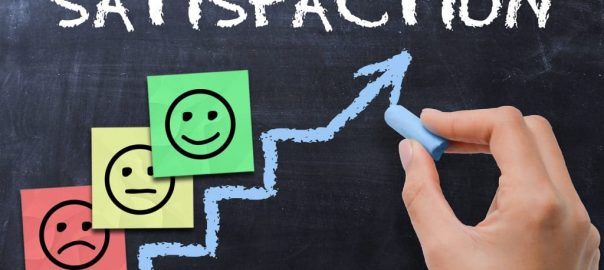There are two primary reasons that people confuse “binge eating” …that is, eating in reaction to dieting or diet mentality
with “emotional eating” …that is, eating for pleasure, soothing or comfort.
If you’re not sure about the difference between “emotional eating” and “binge eating” you may want to review Video #2 of my video series here before moving on with this post.
#1. The first reason that binge eating is often confused with emotional eating, is that our will power—and thus, our ability to diet or resist food—diminishes when we’re stressed or managing difficult feelings.
If we’re dieting or using will power to hold ourselves back from eating, we’re more likely to “crack” or “fall off the wagon” (aka binge eat) when difficult feelings come up.
This is not the same thing as “emotional eating” per se—which has nothing to do with will power or restriction. On the contrary, this is binge eating (i.e. a rebellion against dieting) that’s been brought to the surface early, because our ability to resist food has been compromised by stress.
To be clear, dieting (or diet mentality) is still the “real culprit” in this example. “Falling off the wagon” is pretty inevitable if you’re using will power to suppress your true desires around food…difficult feelings only speed the inevitable process along.
#2. The second reason that people confuse binge eating with emotional eating—is that emotional eating can easily “trigger” a binge…if we’re still struggling with diet-mentality around our emotional eating choices.
If we think emotional eating is “wrong” or “bad,” or if our emotional eating urges come in conflict with what we think we’re “supposed” to eat—we will easily succumb to “falling-off-the-wagon” eating when we “slip” at the hands of an emotional urge.
In other words—what could be a cupcake or two when we’re bored, turns into a sheet of cupcakes + whatever’s in the kitchen sink because “I’ve already screwed up…better get it in now and start again tomorrow!”
In other words, emotional eating can turn into a binge the moment we judge our emotional eating as “not okay” or deem ourselves “off the wagon.”
To learn more about the difference between “emotional eating” and “binge eating,” check out this podcast interview I did with Health At Every Size warrior, Julie Duffy Dillon.
It’s a great episode—especially for anyone who’s ever identified as an “emotional eater” or who struggles with the question: “I’m not dieting, but still bingeing—what’s up with that?!”
To learn more about How To Stop Binge Eating for good, make sure to check out this important post as well.


